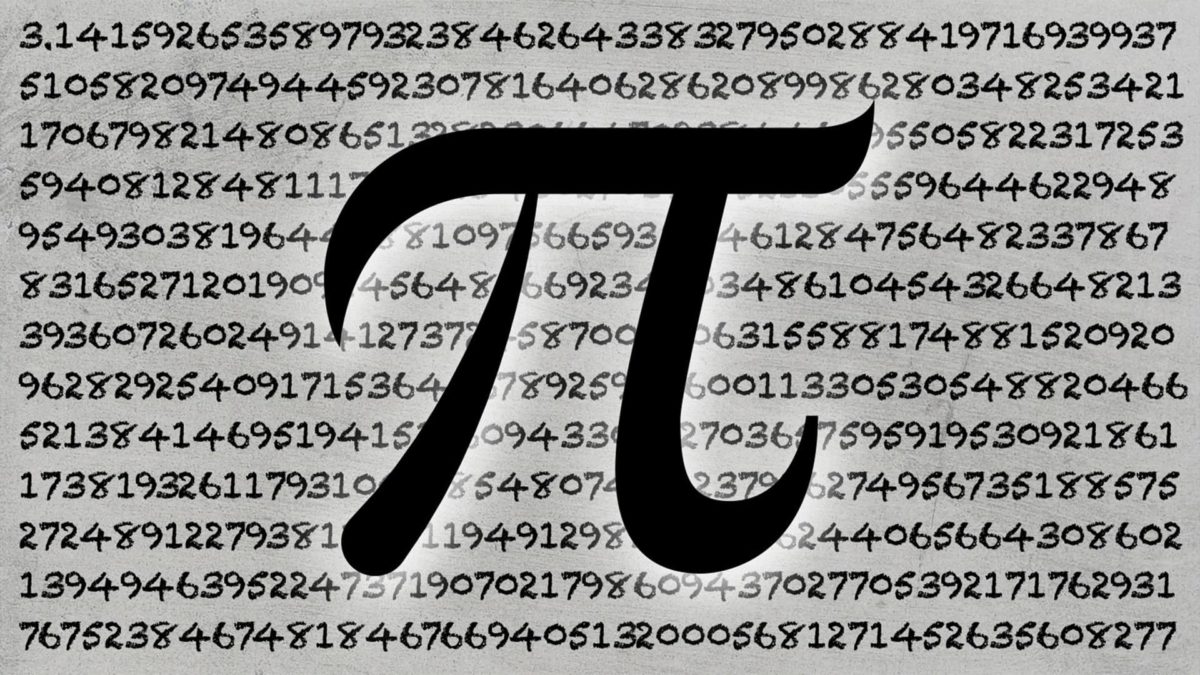07.27.21Notes on Memory and Pi (Which My Daughter is Memorizing)

My daughter is memorizing Pi. Apparently it started on a car ride over the weekend and for no particular reason. By the time I sat down next to her on the couch this morning she was up to 42 digits. When I left for work she was at 50.
We chatted about it a bit as she worked on it and this let me explain to her a bit more about what her brain was doing while she memorized- but it also prompted a few questions and observations of my own- giving me a few things to wonder about from a memory development POV.
She’s using an app where you key in the sequence and this struck me right away. It accelerated the process by allowing her to use constant low-stakes assessment more efficiently: self-quizzing, rather than just repeating and trying to remember. What’s the difference? She was getting instant feedback on every digit she keyed in and also was continually retrieving from Long Term Memory into working memory rather than trying to remember by attending deeply to what was already in working memory. Readers of books like Make it Stick will instantly recognize the difference.
Then I noticed how fast she was going through the initial digits in the sequence. Speed was part of her strategy and watching her I suddenly understood why. She’d get to 42 digits and then try to remember the next two or three. This information she’d have to try to hold in her working memory while she repeated the 42 digit sequence from the beginning. She was trying to go fast specifically to try to not think consciously about the parts she’d memorized and thus reduce the degree to which they entered her working memory. If they did she’d forget the new digits by the time she got to the end.
She was also ‘chunking’: that’s the name for linking pieces of information and remembering them as a single piece of information. I could basically see her doing this in the pace of her fingers as she typed the digits. At first 3.14159 is six digits and six pieces of information but after enough practice it’s a single piece of information- the first sequence. Its name is threepointonefouronefivenine.
Chunking hacks working memory and allows us to use it to do (or perceive) more so it was obvious that she was chunking as she worked. I explained what chunking was to her and she instantly understood. “Yeah,” she said, her fingers racing through the digits. ‘That’s a chunk. And that’s a chunk,” she said after pieces of the sequence. She was aware of the sections she’d chunked and where she’d done her linking up. There were almost always sequences of 4 or 5 digits. I was a little bit surprised that she was so conscious that she was doing it. Chunking of perceptive cues for athletes (seeing the alignment of the back four as a single thing rather than four things) is mostly subconscious.
She also thought the physical movement of typing in the digits helped her. I think she was dual coding here- hacking the moments when her working memory was maxed out by supporting the abstract memory of the digits with the visual memory of where she moved next in the sequence. There’s some evidence that working memory limits are additive for visual and abstract information.
She also mentioned that she’d had to cast aside some mnemonic tools. At first there was a song she sang to remind her of the first few digits. This helped her to remember but after she’d gotten them really down she found it distracting. Basically, she now knew the digits better than the song she’d used to link them at first. That was kind of fascinating too.
Anyway, I have no real purpose in sharing this other than to share how I think her brain was working as she learned. And perhaps to note the irony that she can’t remember to put her dishes in the sink or take out the trash but by the time i get home from work she’ll probably be at 99 digits of Pi. And apparently this will not cause her to be any more or less likely to remember her chores. As far as i know most cognitive scientists think the capacity of long-term memory is unlimited.